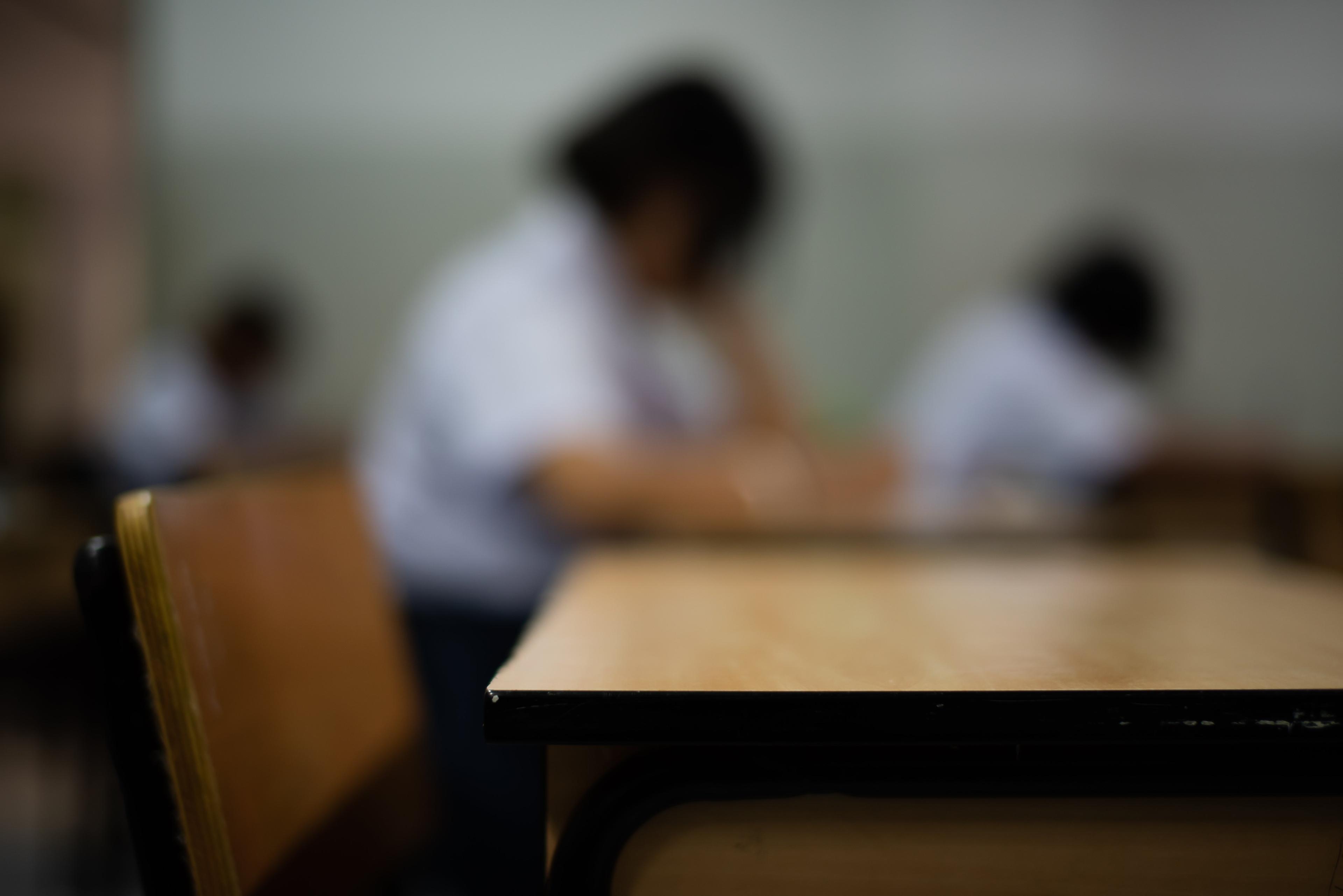L.A. County reports on foster pilot with HopSkipDrive
You’re a 10th grade student in foster care, and you’ve just moved from one home to another. This isn’t the first time this has happened to you; it’s the sixth in three years. You wake up, fumble your way to an unfamiliar kitchen and eat breakfast with an unfamiliar new “family,” wondering how you’ll fit in and knowing you’ll need to adapt—fast—again. But that’s not all. Because your address changed, you’ve been enrolled in a new school you know nothing about, and everyone expects you to hit the ground running with new teachers, new classmates, and precisely none of your old friends close by for support.
Instability is the great constant of life in the foster care system, and school instability is especially harmful. It’s a progression. Each time a child changes schools, 4-6 months of learning can be lost. Students who jump from school to school are more likely to demonstrate chronic absenteeism and fall behind, less likely to graduate, less able to make a smooth transition into independent adulthood, and more likely to become homeless. That’s why the right of students in foster care to attend their schools of origin was codified in the 2015 Federal Every Student Succeeds Act, or ESSA, which requires states, counties, and districts to work together to promote school stability. This law extends to student transportation to school as well.
HopSkipDrive is on a mission to increase mobility, access, and educational stability for all kids. That mission took flight when we signed on to provide school-of-origin transportation via the Foster Youth School Stability Pilot program created by the Office of Child Protection, Department of Child & Family Services (DCFS), and the Los Angeles County Office of Education (LACOE). This August, DCFS released a report detailing outcomes and observations.
CareDrivers transported 1,004 students in foster care across the two-year pilot, allowing them to stay in familiar schools with familiar friends, teachers, and courses of study. In total, they provided 75,135 safe rides. CareDrivers all have at least five years of caregiving experience, and that experience helps them approach kids in a variety of circumstances with sensitivity, compassion, and respect.
“They made sure I was on time to class every day my junior year, even my 7 a.m. classes,” one foster youth told The Chronicle of Social Change.
DCFS noted that HopSkipDrive was able to quickly adjust to meet the needs of not only the county, but school districts as well. We designed and rapidly implemented a system that created greater visibility for caregivers, social workers, and other emergency contacts into ride progress. Now, caregivers can even view the upcoming schedule for riders in their care and track trips in progress.
As a bonus, schools are now more proactive about maintaining updated information about kids and their caregivers. Educational specialists can easily share referral information with us, making it possible to book trips for as soon as the next day. Solutions like these mean kids miss fewer growth opportunities and have a greater chance at academic success.
Thanks to the success of this program, San Diego, Sacramento, Santa Clara, and Ventura counties have implemented similar programs based on the L.A. model. Outside California, Virginia and Colorado also work with HopSkipDrive to implement similar student transportation solutions.
HopSkipDrive will continue to forge private and public partnerships like this one that expand horizons and increase access for all kids.


